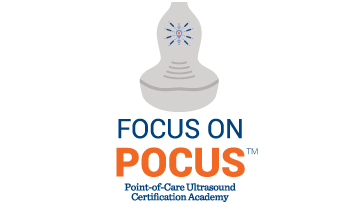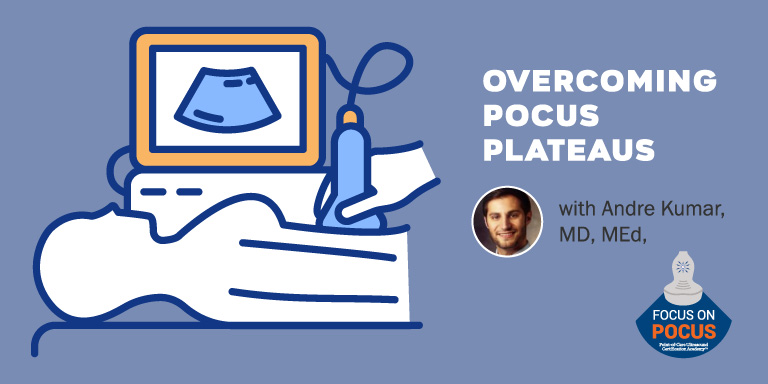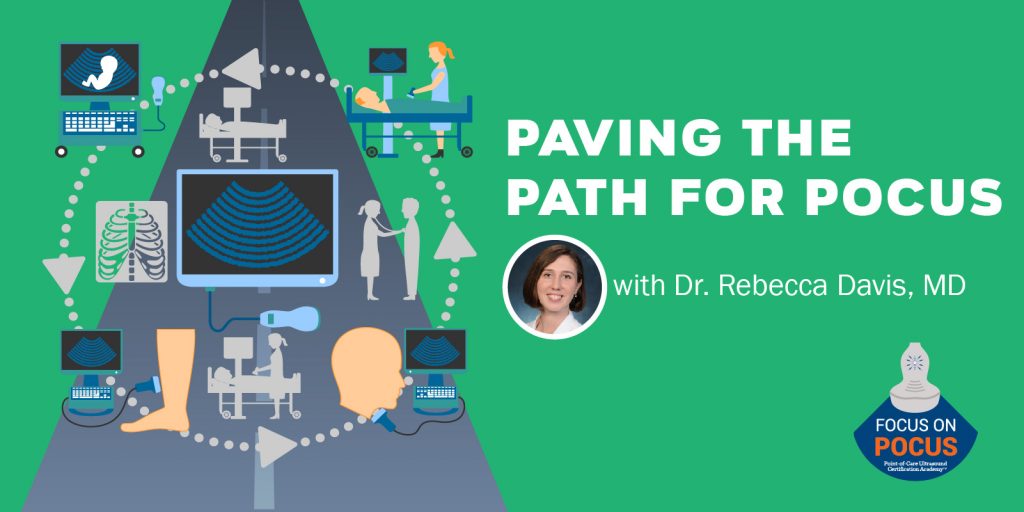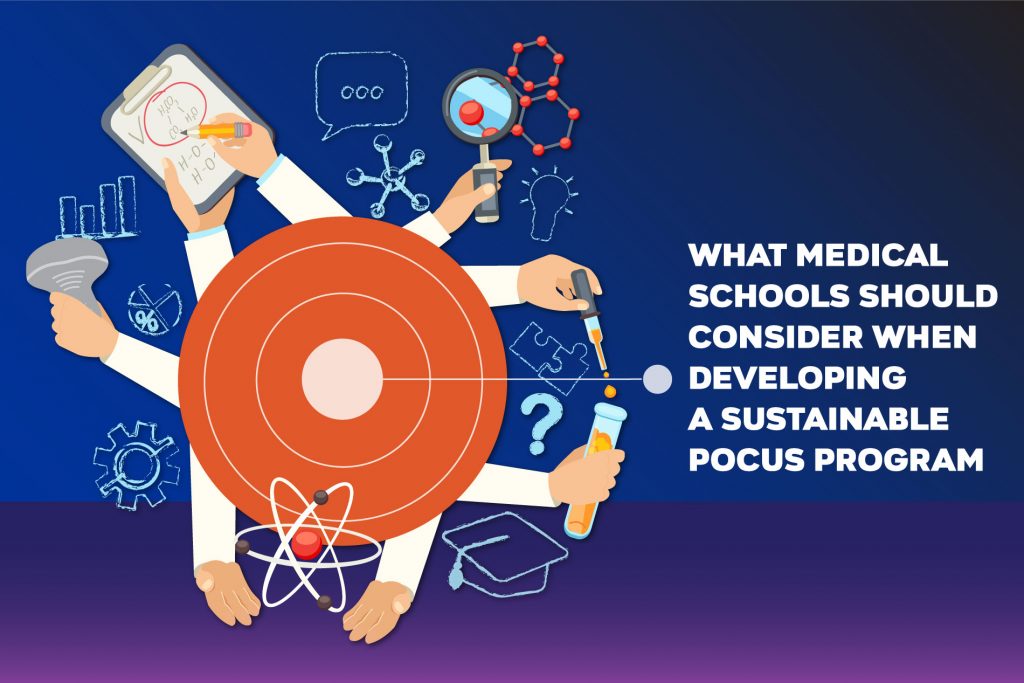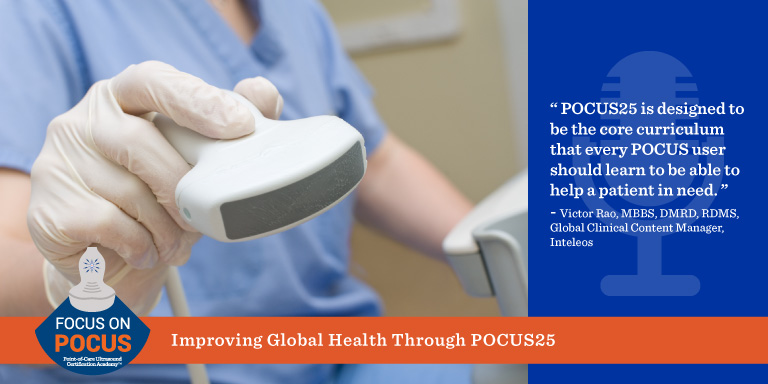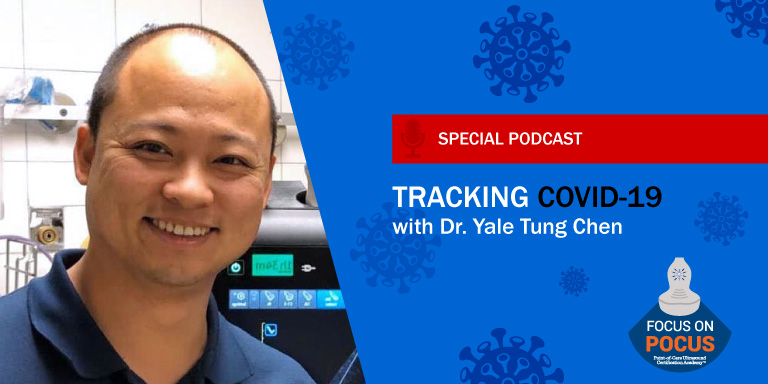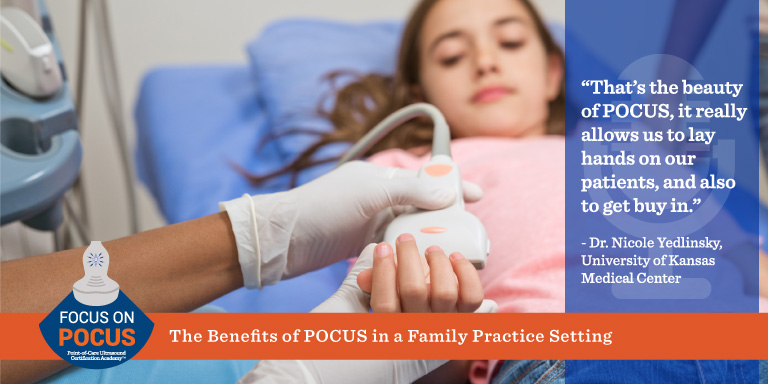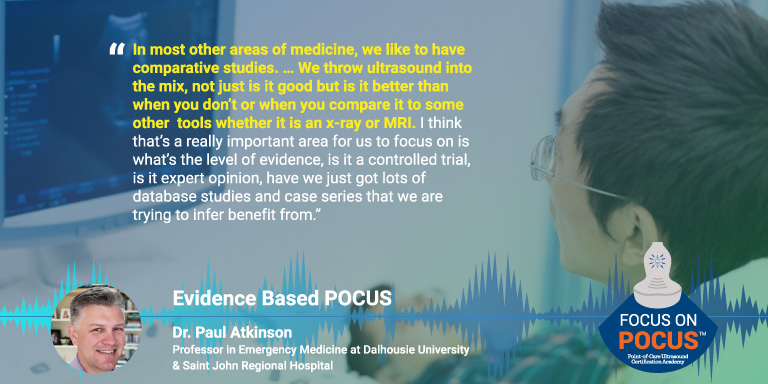Podcast: Play in new window | Download (Duration: 14:07 — 12.9MB) | Embed
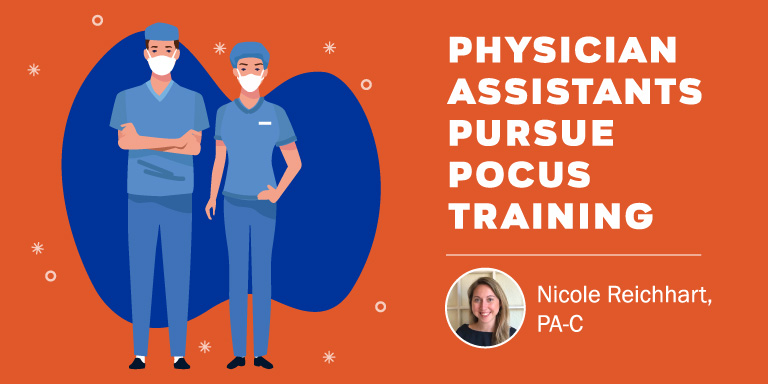
Nicole Reichhart, PA-C, is Assistant Professor and didactic faculty for the California State University, Monterey Bay Master of Science Physician Assistant program. She earned a Master of Science in Physician Assistant Studies from Albany Medical College in 2012 and completed an Emergency Medicine fellowship at Eastern Virginia Medical School in 2013. She has piloted a point-of-care ultrasound curriculum throughout the didactic phase of the MSPA program, preparing the students to enter their clinical year with a vast POCUS skillset. Nicole embeds POCUS into both the anatomy and physiology and clinical skills courses. She is passionate about implementing point-of-care ultrasound in physician assistant school curriculum and providing her students with opportunities to collaborate in the shared mission of improving global health and setting standards for excellence in POCUS. She has nine years of clinical experience as a PA, much of which has been in caring for patients in underserved communities. Nicole is a military spouse, mother of three children under 5, and enjoys a good brunch.
